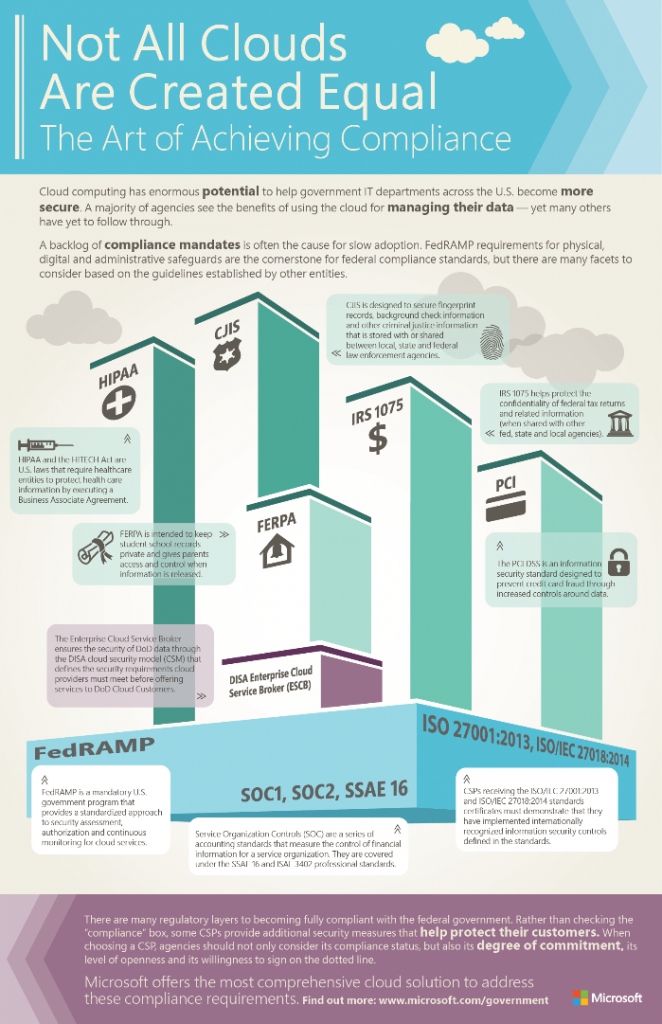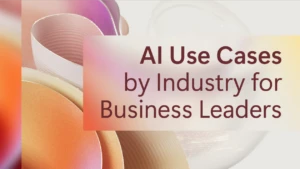Cybersecurity and the cloud: Why cities should get on board

Cybersecurity is on everyone’s mind these days. It seems like there’s a major system hack every month, such as the massive IRS data breach, which affected more than 100,000 tax accounts and costing millions in stolen funds.
It’s clearly a growing concern for cities, especially as they put more and more data online and embrace the Internet of Things.
That was one of the common challenges I kept hearing about when I attended and presented at the recent CityAge Now conference in Los Angeles. The event attracted a diverse group of city builders, mayors, investors, managers, and technology companies from all over the world who met to discuss ways to build their cities for the future. It was a great mix of attendees, including the mayors of Los Angeles and Nashville; the city manager of Edmonton, Alberta; the chief innovation officer of Philadelphia; and city planners and managers of smaller municipalities such as West Hollywood.
Almost every presenter I heard at CityAge Now mentioned cybersecurity and data integrity, with some presentations focusing on best practices and new ways cities are tackling the issue. Throughout these presentations, I heard many city representatives expressing their concerns about security as it relates to the increasingly connected citizens in their communities. For example, one question raised was “What are the potential pitfalls of a mobile government workforce?” Many in attendance also expressed some concerns about moving to the cloud, and wondered how realistic it was to expect security in the cloud.
Demystifying the Cloud
I addressed some of those questions and concerns in my presentation and tried to demystify the cloud. The cloud is nothing new – it’s simply the next step in a very predictable computing evolution. And today, cloud computing has enormous potential to help government IT departments become more secure.
All cities today have to address numerous requirements, including IRS 1075 and FedRAMP, before becoming fully compliant with federal government cybersecurity regulations. But, depending on a city’s size, migrating to the cloud is easier said than done. After all, how can a small city with only a few IT employees ever expect to build a cloud infrastructure to deal with IRS 1075, CJIS, HIPAA, let alone keep sophisticated cybercriminals at bay?
By moving to the Microsoft hyperscale cloud environment, city governments can actually mitigate their risk by taking advantage of an enterprise-class cloud computing solution they never could have afforded on their own. It doesn’t matter if it’s a metropolis like London or a small city like West Hollywood-any city can benefit from using the Microsoft cloud to manage their data.
Using the cloud, cities can not only ease their concerns about cybersecurity, but also serve their citizens in innovative ways by cost-effectively acquiring new capabilities. These capabilities can help them focus their efforts on some of the other realities they face, such as staffing and identity and access management and even managing the predicted upcoming wave of baby boomer retirements.
The Microsoft cloud is a safe, smart, and secure choice, and cities should be confident about getting on board. Learn more about how Microsoft CityNext and our partners are keeping data secure here.
Stuart McKee
Chief Technology Officer, State/Local Government, Microsoft
Learn more about the Microsoft cloud by visiting
www.microsoft.com/enterprise/microsoftcloud.




